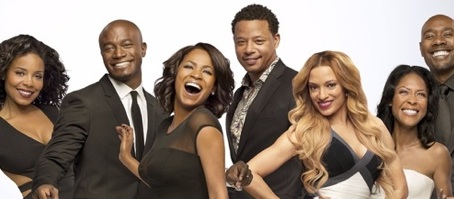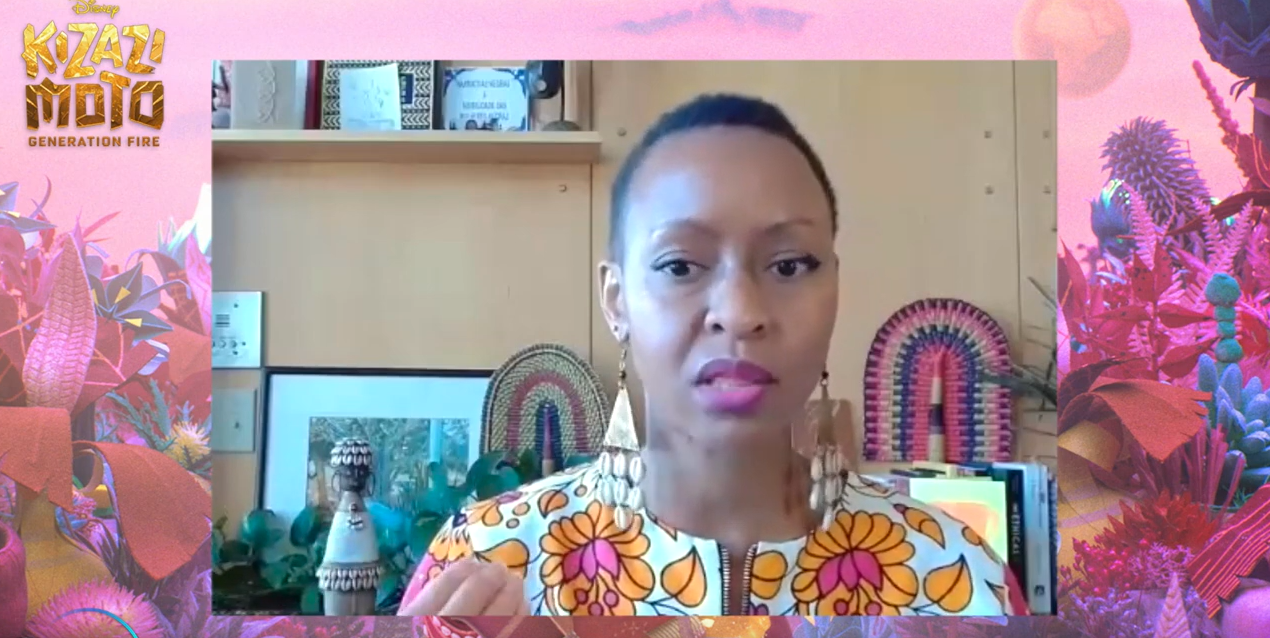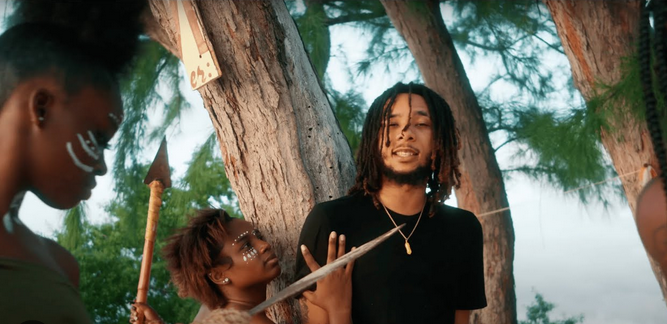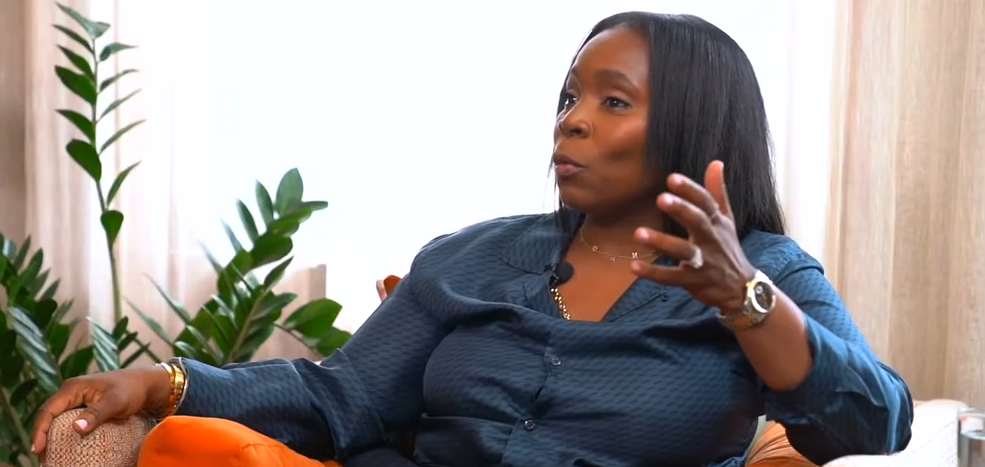The movies’ stars have fun
[Review]
What happens when a film combines a talented ensemble cast of ebony actors bearing resplendent skin tones, a solid storyline, superb direction, a banging subliminal soundtrack and a production budget of 17 million dollars? You get an upscale BUPPIE narrative that explores latent intrinsic desires of African Americans nationwide recapitulating a grand communal theme of “brotherly-sisterly love” delivered via the medium of the “Big Screen.”
Best Man Holiday (BMH) is an aptly crafted and updated sequel to a “back-in-the-day classic” homeboy-flavored romantic comedy, “The Best Man” circa 1999 directed and solidly written by Malcolm Lee.
Simply attend any regional movie theater within a 15-mile radius of a critical mass of Black folks, as I did this past Saturday morning for the film’s debut, and bear witness to high doses of agape healing being dispensed to brothers and sisters in attendance. During the “sunrise secular movie service” I took an observant pause, and then I watched, and listened as multigenerational audience members inhaled and absorbed all that they were experiencing right before their very eyes.
My circular gaze intensified during this movie-church service as I heard the varied tones of rhythmic laughter-tears-claps, whispers and adulations from this approving audience. Outsiders might confuse these spontaneous eruptions of seemingly disruptive sounds as a new form of lower class Black cacophony. As an insider however, these muted noises are better interpreted as indigenous call and response cultural patterns of cosigning and jubilation to the shared communal experience. Let the church say, “Amen!”
BMH glows with warm opening visual arrays of marriage photographs and other gleaming images of Harper, Robin, Lance, Jordan, Que, Julian, Shelby and Mia. Previous old-school audiences are reconnected to the cast and newer audiences are simultaneously introduced to these beloved characters. Best Man is as familiar as any film narrative as the story has been carried via every visual medium possible over the past 14 years; thus it sets the stage for BMH to attract a wider cohort of Black viewers.
There’s always a new back-story of the struggle of Black filmmakers taking their idea to market and needing to persuade-beg-implore a new group of unenlightened corporate drones as to why their story ideas will sell to the masses. BHM successfully aborts the Eurocentric romantic comedy formula by daring to offer a plot deviation that also explores existential meanings of life. Writer director Malcolm Lee should earn props for taking such risks.
The newly resurrected Arsenio Hall show recently hit some season high rating notes by featuring the main male and female cast members of BMH over two consecutive nights on the show. Hall producers were likely attempting to regain their historic “street cred” with hipper and historically Black viewers. Although Hall didn’t dance with the brothers of BMH on the show as they lip-synced and glided to the rhythms of former boy band New Edition’s,” Can You Stand the Rain”, the show likely scored high marks with viewers.
After this weekend’s successful nationwide opening, many reviewers will simplistically critique BMH for its box office cache and the cheddar that it grossed this weekend for the good folks at Universal Films. The tallying of its weekend receipts will buttress Malcolm Lee’s persuasive arguments as to why he always knew BMH would be a successful film.
Other writers will feel compelled to analyze how BMH competed well against the nation’s current testosterone Norse classic “Thor 2.” As if a tired oft-studied western mythology recapitulated as “Thor: The Dark World” produced for $55 million and opening on roughly 3,841 screens compared to BMH’s largely African American audiences on much fewer screens. Once again, it feels like Rocky Balboa taking on Apollo Creed in a metaphoric reversal of roles.
It’s far better to compare BMH to its predecessor film, Best Man as BMH during its 3-day opener grossed $31 million and made more money than its predecessor did for its entire theatrical run. Films featuring all Black casts typically suffer undue mainstream criticism historically as did early artistic expressions of other African American productions. Directors Spike Lee, Robert Townsend, Julie Dash and Lee Daniels can certainly validate this experience. Initially hating and scorning Black culture is such a really old habit told via rock-n-roll, jazz, Hip Hop, tap dance, banjo music, and race record sensibilities. Just hark back to MTV’s initial dismissal of both Rick James’ Super Freak video and the story of their initial refusal to air the late King of Pop Michael Jackson’s Billie Jean video on its then new MTV video show to underscore the point.
Finally, please don’t make the mistake made by several so-called media experts who state that BMH is largely a movie constructed as pure visual candy for the sisters; I say not at all. I view the Best Man Holiday as another form of Afrocentric synergy as I do other aspects of Black cultural life like for example as found in big mamma’s gumbo, potato salad, collard greens and corn bread— the sum of the individual ingredients is far greater than its parts. And it’s refreshing that some movies being made today still do really matter.
Richard M. Cooper, Ph.D. MSW is social work clinical professor at Widener University and hosts/produces a weekly talk radio show on the only independently owned Black talk radio station in Pennsylvania, 900AMWURD.COM. He can be contacted at [email protected]







